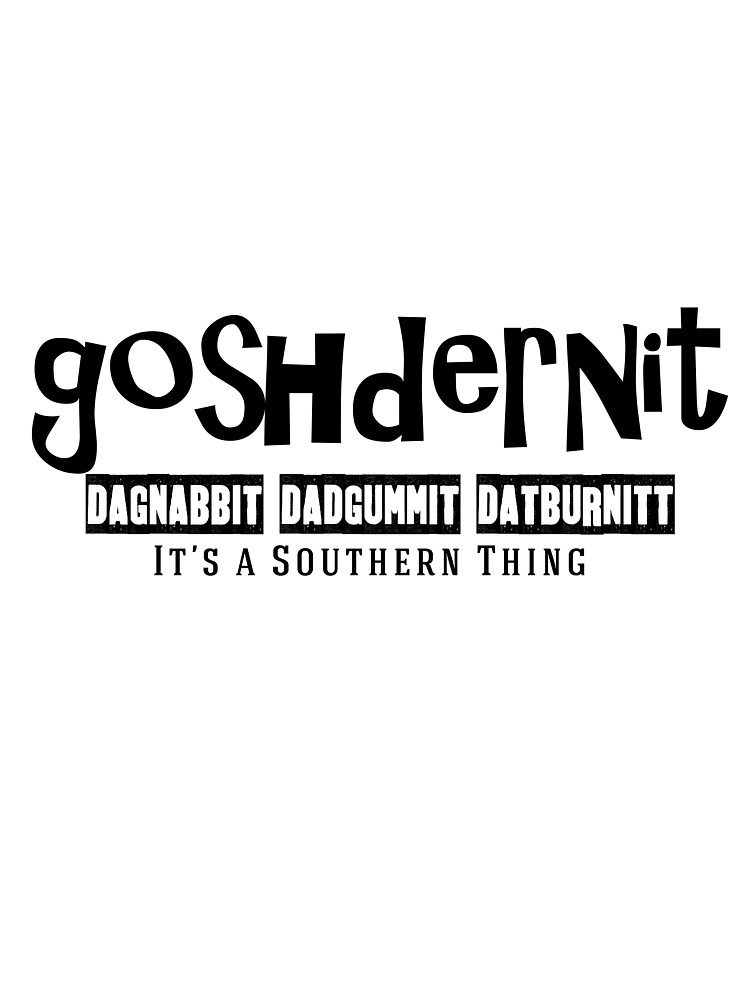
Unraveling the Charm: Southern Cuss Words and Their Endearing Use
Southern culture is rich with tradition, hospitality, and a distinct way of expressing oneself. One aspect that sets the Southern United States apart is its unique collection of colloquialisms and cuss words. Far from being offensive, Southern cuss words carry a peculiar charm, often delivered with a twang and a smile. In this article, we’ll explore the world of Southern cuss words, their origins, and how they are used to convey emotions, camaraderie, and sometimes just good-natured humor.
Understanding Southern Linguistics
To truly appreciate Southern cuss words, it’s essential to grasp the linguistic nuances of the region. Southerners have a way of turning a phrase, infusing everyday language with a warmth and familiarity that instantly puts others at ease. Cuss words, in this context, are not meant to insult or offend but rather serve as colorful expressions, adding flavor to conversations.
Common Southern Cuss Words
- Bless Your Heart: Perhaps the most famous Southern cuss phrase, “bless your heart” might sound sweet on the surface, but it often carries a touch of sympathy or even condescension. It’s a versatile phrase that can express genuine concern or be used ironically to point out someone’s naivety or misfortune.
- Well, Ain’t That a Peach: Used to express mild surprise or disbelief, this phrase is both playful and endearing. Southerners use it to add a touch of humor to everyday situations, making light of unexpected or amusing events.
- Sugar, Honey, Sweetie: Southern cuss words often involve endearing terms of affection. When a Southerner calls you “sugar,” “honey,” or “sweetie,” it’s usually a sign of genuine warmth and friendliness. However, depending on the context, it can also be a subtle way of expressing exasperation or disapproval.
- Dadgummit: A milder alternative to a stronger expletive, “dadgummit” is a classic Southern way of expressing frustration or annoyance without resorting to harsh language. It reflects the Southern value of maintaining politeness even in moments of exasperation.
- Fixin’ To: While not a cuss word per se, the phrase “fixin’ to” is a quintessential Southern expression. It means getting ready to do something or intending to do it soon. It adds a casual and laid-back charm to conversations, embodying the unhurried pace often associated with Southern life.
Cultural Origins
Southern cuss words are deeply rooted in the region’s cultural history. The South is known for its hospitality and politeness, even in the face of adversity. This cultural background has shaped the use of cuss words as a means of expressing emotions without causing offense.
Southern Hospitality in Cussing
Unlike cuss words in other regions, Southern cussing is characterized by a unique blend of politeness and wit. Southerners have mastered the art of delivering a sharp retort or expressing frustration while maintaining a friendly demeanor. It’s a skill that reflects the cultural emphasis on courtesy and hospitality.
Humor and Camaraderie
Southern cuss words often serve as vehicles for humor and camaraderie. Southerners have a knack for finding the lighter side of challenging situations, and cussing becomes a way to bond with others over shared experiences. It’s not uncommon to hear a Southerner use cuss words in jest, creating an atmosphere of conviviality.
Breaking Down Stereotypes
Exploring Southern cuss words helps break down stereotypes associated with the region. While outsiders might perceive Southern expressions as old-fashioned or overly polite, understanding the context reveals a rich linguistic tapestry that is as diverse and nuanced as the people who use it.
Respecting Regional Differences
It’s crucial to approach Southern cuss words with an open mind and an appreciation for regional differences. What might be considered offensive in one part of the country could be a term of endearment in the South. Southerners use language as a way to connect with others, and their unique expressions contribute to the vibrant tapestry of American dialects.
Conclusion
Southern cuss words are more than just linguistic quirks; they are a reflection of a culture steeped in tradition, hospitality, and a deep sense of community. Far from being abrasive or offensive, these expressions add a touch of charm and humor to everyday conversations. As we explore the world of Southern cussing, it becomes evident that these words are not meant to divide but to unite, creating a shared language that fosters connection and understanding in the diverse landscape of the American South.



